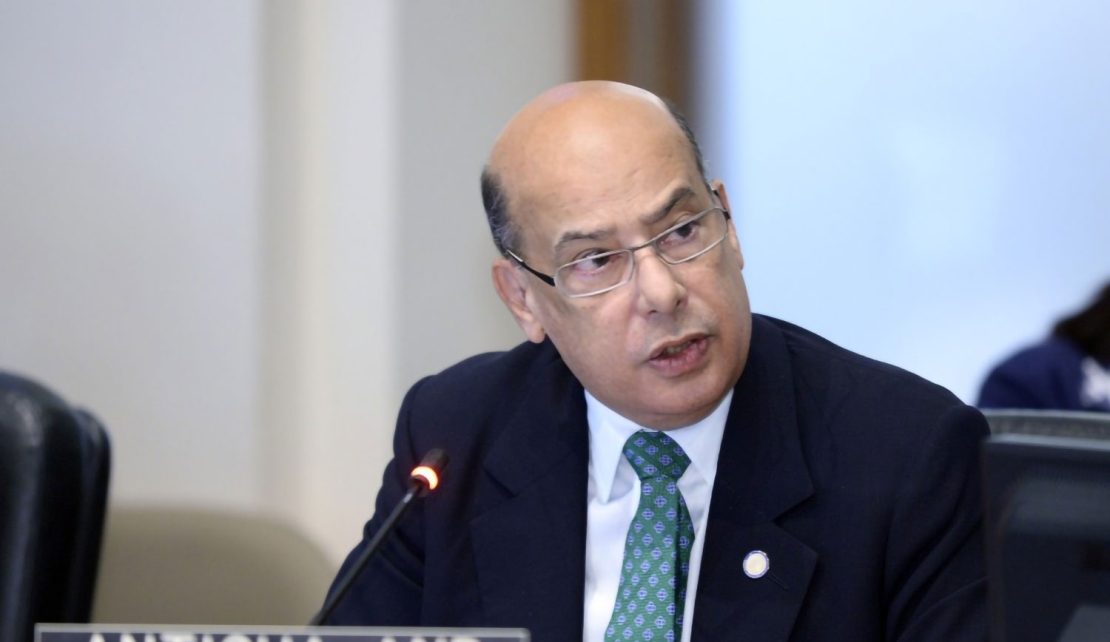Some CARICOM leaders may Boycott Summit of the Americas if Cuba, Venezuela not invited

WASHINGTON, May 6 (Prensa Latina) The Summit of the Americas may be in danger, Ambassador of Antigua and Barbuda to Washington, Ronald Sanders, warned, as cited on Thursday by the media.
If the United States insists on not inviting Cuba to the Summit, the Caribbean nations might not attend this event despite the fact that it will be a scenario to bring the region’s positions closer to Washington, Sanders pointed out.
The summit, which is held every three or four years, is being convened in the United States for the first time since its 1994 inaugural session in Miami. Los Angeles was chosen as the venue earlier this year.
14 CARICOM countries may boycott the Summit of the Americas if the US chooses to exclude Cuba https://t.co/ncYiXs75H1
— Camila (@camilapress) May 5, 2022
The ambassador participated in a webinar, in which several panelists examined the US Caribbean policy during the first year of the Biden Administration, focusing on the notable issues that require attention and the opportunity to discuss these issues at the Summit of the Americas in June 2022.
With a straight face, Blinken claims the United States is planning the "most inclusive" Summit of the Americas while *excluding* Cuba, Nicaragua, and Venezuela.
Mexican Foreign Minister Marcelo Ebrard who held closed-door meetings with Secretary of State Antony J. Blinken on Tuesday in Washington, said at a news conference at the Mexican Embassy that he asked Blinken to reconsider denying invitations to Cuba, as well as to Nicaragua and Venezuela. Ebrard said he came away without a definitive answer.
— David Adler (@davidrkadler) May 5, 2022
"So where are the uninvited from? From what continent, what galaxy?" asked @lopezobrador_ in response. https://t.co/2f7TZ2LlV7
The Antigua and Barbuda Ambassador stressed that if (Juan) Guaidó continues to be recognized, several Caribbean states will not attend. The Summit of the Americas is not a meeting of the United States, so it cannot decide who is invited and who is not, he said.
This is not a meeting of the United States government; it is a summit of all the heads of State of the Western Hemisphere, he pointed out.
This week, Cuban President Miguel Diaz-Canel supported the denunciation of the possible exclusion of the island from the Summit of the Americas, slated for June in the United States.
On Twitter, the president highlighted the statements by Cuban Foreign Minister Bruno Rodriguez, who referred to the pressure from Washington on a number of countries in the region that oppose that decision.
Numerous advocates who support improved relations with Cuba — including some in Congress — had hoped the Biden administration would reopen diplomatic, political and trade ties with the island that were frozen under President Trump. Trump reversed a historic opening initiated by President Obama, who sought to end a half-century of Cold War hostilities.
However, President Biden has done little to roll back Trump’s isolation of Cuba, which included adding the country to a U.S. government list of state sponsors of terrorism.
And the Biden administration is only slowly reestablishing U.S. consular services in Havana that would help Cubans obtain visas for legal travel.
In addition, a U.S. policy on remittances that Cuban Americans send to relatives in Cuba, remains “under review,” strangling a line of support for many on the island. Flights by American carriers, trips by U.S. tourists and cultural exchanges also remain problematic without clearer guidelines from the administration.
Meanwhile the sixty year old economic embargo on Cuba that dates to the Eisenhower administration remains in place to the detriment of the Cuban people.
